Saudi Arabia’s pursuit of a unilateral cease-fire in Yemen reflects the kingdom’s dire economic and social crisis caused by the pandemic and the fall in oil prices. It’s not clear if the Houthis will accept the cease-fire, but it is certain that Yemen is completely unprepared for the outbreak of the virus in the poorest country in the world.
The Saudis announced a unilateral cease-fire last week after months of United Nations-brokered talks and direct contacts between the parties failed to produce a durable truce and a political settlement. The Houthis want a complete lifting of the blockade of Yemen, the “siege,” as they call it. They are right to do so: The country urgently needs to import food and medicine. Roughly 80% of the population — 24 million people — are dependent on humanitarian assistance, and two-thirds are malnourished. Children are especially vulnerable.
The Saudi air strikes have targeted hospitals and other civilian sites for five years, according to a new study in the United Kingdom. One-third of all the air strikes have hit civilian targets including hospitals and schools. Only half the country’s hospitals and medical installations are operating because of the bombing and the siege.
The Houthis are no angels. They have taxed humanitarian assistance from the outside, repressed journalists, and fired missiles at civilian targets in Saudi Arabia. The answer is not to reduce aid, as the Trump administration is doing, but to end the blockade and open the country to outside help and the media. The United States should engage directly with the Houthis.
Saudi Arabia is facing its own humanitarian crisis now, due to the pandemic. The country is effectively shut down indefinitely, with curfews in Riyadh and other cities. The pilgrimage to Mecca and Medina is closed, and the annual hajj scheduled for July is already suspended. Religious tourism is a major source of income for the country, especially the Hejaz region. The Saudis have the worst case of the virus in the six Gulf states. The royal family has been hit hard, and the governor of Riyadh is in the hospital with the disease.
The dramatic contraction in global economic activity has produced an unprecedented drop in demand for oil and energy. The Saudis need oil prices at $85 per barrel to balance their budget — it’s barely a quarter of that now. Last week, the Saudis reluctantly agreed with Russia and other producers to cut supply, but it is unlikely that oil prices will recover. The Saudis have no choice but to draw down reserves, which have already fallen considerably since King Salman ascended the throne and recklessly started the war in Yemen. Crown Prince Muhammed bin Salman’s “Saudi Vision 2030” is now a mirage.
The combination of the virus and the collapse of oil prices is producing the worst economic crisis in the kingdom since the Great Depression of the 1930s. It urgently needs to stop the hemorrhage of resources into the quagmire in Yemen.
The Saudis’ rival Iran is suffering from the virus more than any country in the region and has badly mismanaged its response to the pandemic. It has a vested interest in the war continuing in Yemen and draining the resources of the Saudis.
Yemen has just reported its first case of the virus in the eastern province of Hadrawmuat. The area is fragmented, with the Saudis in control of some places, al-Qaida in others, and local militias elsewhere. The International Rescue Committee has said that an outbreak of the virus in Yemen will be a “nightmare scenario.” The toll could be catastrophic for a nation that already has the worst humanitarian crisis in the world.
The Saudis are suing for peace. They have no realistic alternative to giving most of Yemen to the Houthis with the specter of an Iranian proxy on their southern border.
The Brookings Institution is committed to quality, independence, and impact.
We are supported by a diverse array of funders. In line with our values and policies, each Brookings publication represents the sole views of its author(s).

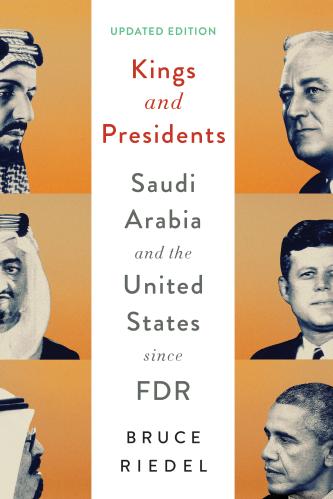
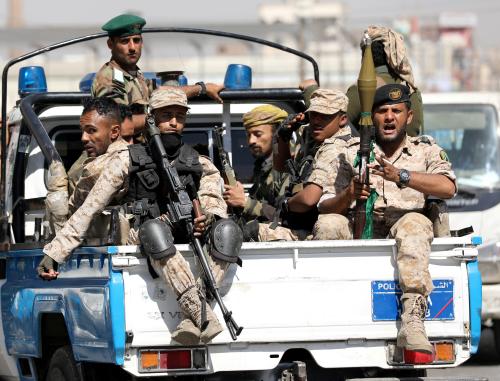
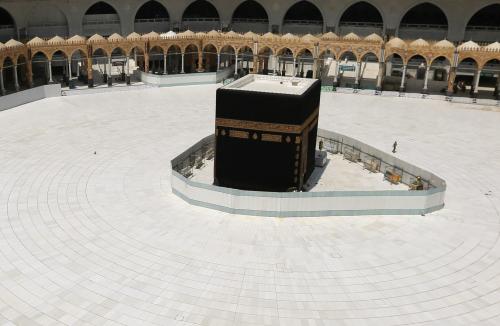


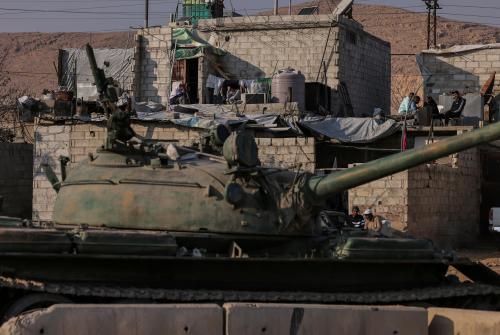
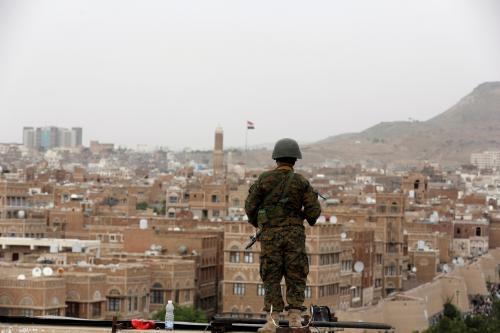
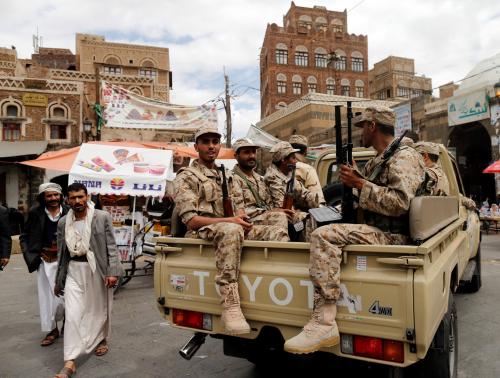
Commentary
Saudi Arabia wants out of Yemen
April 13, 2020